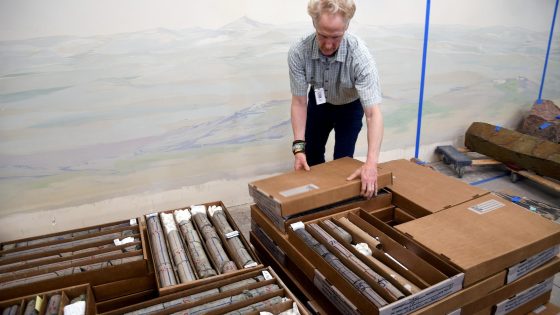Scientists have been mapping the human genome for a quarter century, yet millions of DNA letters remain unresolved. A groundbreaking study published on 2025-07-28 16:36:00 now presents the most comprehensive reference to date, addressing these challenging sections.
- New genome reference closes 92% of gaps
- Missing DNA variants affect health risk models
- Long-read sequencing improves genome mapping
- Diverse genomes enhance diagnostic accuracy
- Repetitive DNA now considered valuable
- Sequencing costs dropping below $10,000
Led by Christine Beck from The Jackson Laboratory and UConn Health Center, the international team sequenced 65 diverse genomes, successfully closing 92 percent of the gaps left by previous projects. This advancement allows clinicians to access regions that were once considered unreadable.
This new reference raises an intriguing question: how will these discoveries change our understanding of genetic diseases? The missing DNA pieces often harbor variants that influence critical health factors, making their identification crucial for accurate risk modeling.
- Nearly 2,000 complex DNA changes were uncovered.
- Over 12,000 pieces of mobile DNA were identified.
- Mapping the amylase gene cluster enhances our understanding of dietary impacts on health.
As sequencing technology advances and costs decrease, we are on the brink of a new era in personalized medicine. The completion of the human genome map opens doors for innovative healthcare solutions and more effective treatments tailored to individual genetic profiles.

































